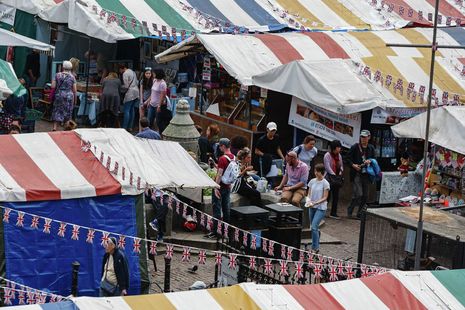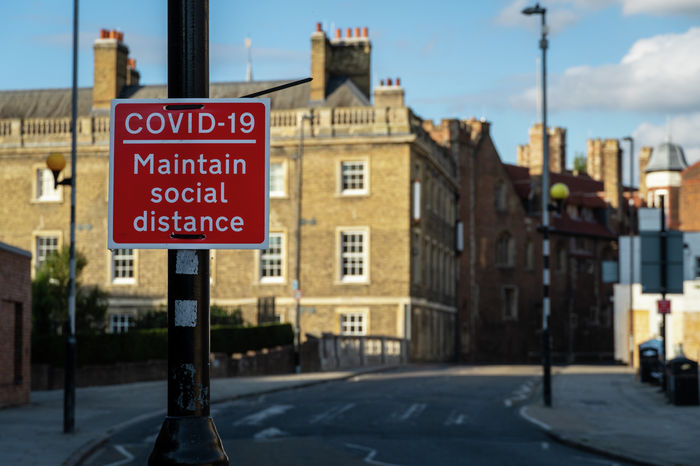Cambridge approaches ‘trigger point’ for Tier 2 lockdown
Much of the increase in case numbers comes from the University’s asymptomatic screening programme, which the Tab has revealed will cost £1.3 million

Central Cambridge has, over the four most recent days for which statistics are available (17-20/10), recorded 130.6 cases of Covid-19 per 100,000 according to Cambridge News.
This puts central Cambridge on the threshold of a Tier 2 lockdown according to Sadiq Khan, who told LBC earlier this month: “when you get to 100 per 100,000 that’s the trigger point to go into Tier 2.”
Currently Cambridge is in the lowest level of lockdown, Tier 1. Moving to Tier 2 would mean residents would no longer be able to meet inside with people outside of their household, including in pubs and restaurants.
However, Cambridge does not automatically move into Tier 2 simply because it has recorded an increase in cases.
The county council issued a statement following the rise in cases, saying: “There are a whole range of things that the government would take into consideration alongside general infection rates which include rates of hospitalisation, infection rates in older and more vulnerable groups and positivity rates. All of these indicators would currently still suggest no movement in Cambridgeshire’s tier status.”
"However, we are aware that infection rates are rising in Cambridge, as they are nationally, and we are working together with local communities and the universities to prevent the spread of Covid-19.”
The statement explained the rise in cases as being largely a result of the University of Cambridge “actively testing students without symptoms and making sure that students with symptoms are identified early. Because of this we are reporting higher numbers of cases in Cambridge but preventing larger outbreaks.”
"Both universities in Cambridge are working very closely with the county and city councils and with Public Health England to keep our students and local communities safe and prevent spread of Covid-19", the statement finished.
The asymptomatic screening programme the council alludes to has so far identified 46 cases.
According to a freedom of information request submitted by the Tab the programme, which 75% of students have signed up to, will cost the University £1.3 million.
The pooled testing programme, which tests households, is forecast to cost £903,097 while the pod testing scheme, which tests individuals within a household after a positive pooled test, is estimated to cost £447,790. It is estimated that staffing costs will account for £361,000 of this total.
So far £420,000 has been spent on the scheme by the University.
 News / Deborah Prentice overtaken as highest-paid Russell Group VC2 February 2026
News / Deborah Prentice overtaken as highest-paid Russell Group VC2 February 2026 Fashion / A guide to Cambridge’s second-hand scene2 February 2026
Fashion / A guide to Cambridge’s second-hand scene2 February 2026 News / Downing Bar dodges college takeover31 January 2026
News / Downing Bar dodges college takeover31 January 2026 Comment / College rivalry should not become college snobbery30 January 2026
Comment / College rivalry should not become college snobbery30 January 2026 Lifestyle / Which Cambridge eatery are you?1 February 2026
Lifestyle / Which Cambridge eatery are you?1 February 2026










